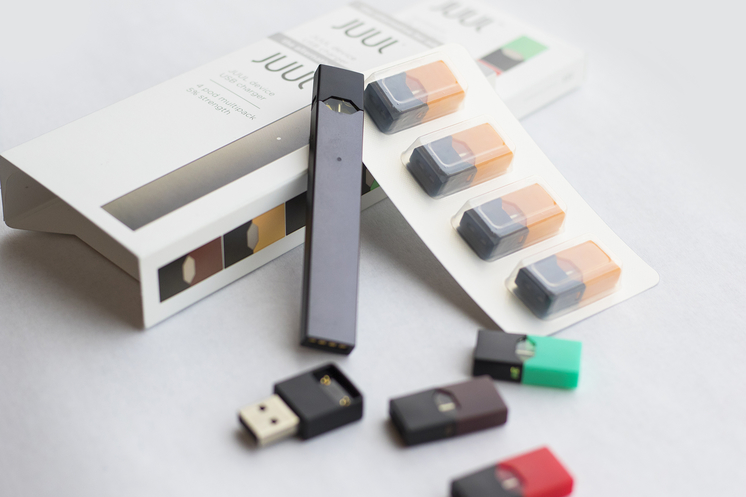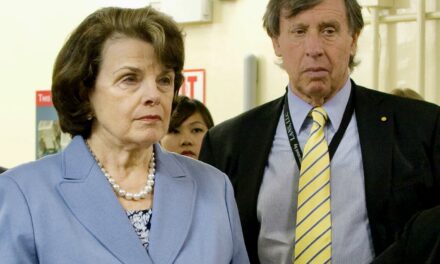“Black Leaders Denounce Juul’s $7.5 Million Gift to Medical School” read the headline on the New York Times website June 19. The story by Sheila Kaplan described
“a vehement backlash from African-American health experts and activists because of the source of the funds: Juul Labs, the fast-growing e-cigarette company, now partially owned by the tobacco giant Altria.
“Black people in the United States have a higher death rate from tobacco-related illnesses than other racial and ethnic groups. Research into the health effects of tobacco products, including newer nicotine delivery systems like Juul’s popular vaping devices, was to be the first order of study for the new center.
“The announcement set off several days of frantic phone calls and meetings among black public health leaders, who remember the tobacco industry’s history of targeting black communities with menthol cigarettes — and who don’t want black youths becoming addicted to nicotine through vaping.
Kaplan describes the magnitude of Juul’s PR campaign in pursuit of Black smokers:
“Over the past year, Juul has hired numerous leaders with close ties to the black community as consultants and lobbyists. Among them are Benjamin Jealous, the former head of the N.A.A.C.P.; Heather Foster, a former adviser to President Obama who served as his liaison to civil rights leadership; and Chaka Burgess, co-managing partner of the Empire Consulting Group, who serves on the governing boards of the N.A.A.C.P. Foundation and the Congressional Black Caucus Foundation and its political action committee.
“Juul has contributed to the Congressional Black Caucus Foundation and to the National Newspaper Publishers Association, a trade group for African-American community newspapers.
“But Meharry officials stressed that they approached Juul, not the other way around. The college’s president, Dr. James E.K. Hildreth Sr., has said he was confident that the new center’s work would be free of Juul’s influence.
Kaplan does not describe the magnitude of Juul’s ad campaign in the New York Times —a series of full-page ads that seems to have succeeded Purdue Pharmaceutical’s Oxycontin-damage-control campaign as the paper’s number-one revenue source. The jump on Kaplan’s story ran under a softened headline: “Black Leaders Debate Juul’s $7.5 Million Gift…”






